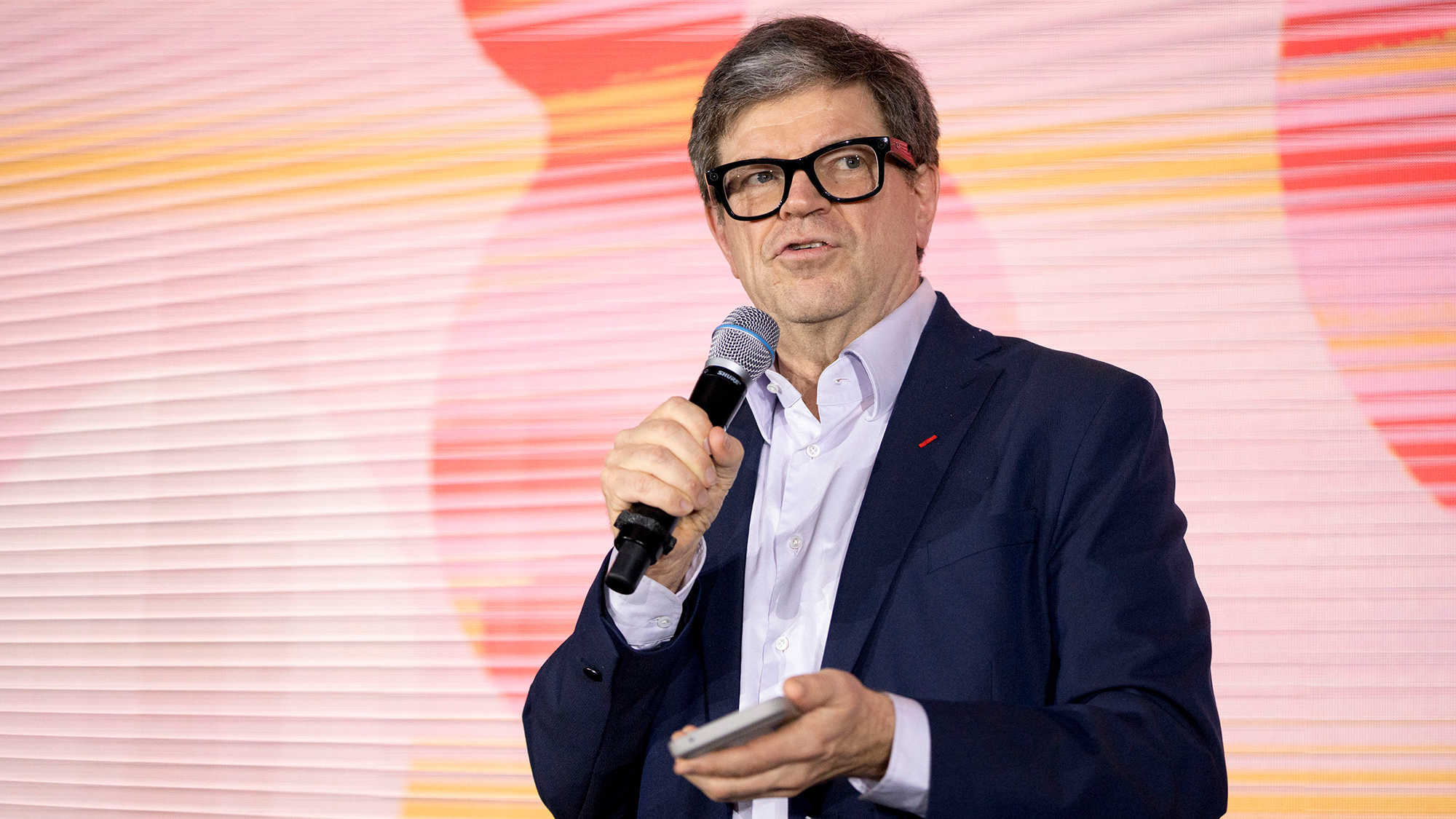Yann LeCun and the Future of AI

Alexander Shcheglyayev
AI Strategy + Digital Transformation Expert

Lessons from one of AI's most consistent contrarians and visionaries.
Few figures in AI are as consistently influential — or as willing to challenge the hype — as Yann LeCun. A pioneer of deep learning and Meta's Chief AI Scientist, LeCun has shaped much of the field we take for granted today. He also happens to be one of its sharpest skeptics when it comes to over-reliance on brute force scaling.
In recent interviews, LeCun has argued that the "bigger is better" era of AI won't last forever.¹ While companies like OpenAI and Anthropic focus on stacking more compute and data to grow large language models, LeCun insists that true intelligence will require new architectures altogether.² His bet is on systems that learn like humans do — through observation, interaction, and self-supervised learning, not just massive text datasets.
That's not just theory. At Meta, his team is developing what they call "Joint Embedding Predictive Architecture" (JEPA), a framework designed to let machines learn abstract representations of the world without needing trillions of labeled examples.³ LeCun compares today's large models to early airplanes with flapping wings — impressive, but not how flight will ultimately work.
Why should businesses care about these debates? Because strategy depends on the long game. McKinsey projects that companies investing in AI today could see productivity gains worth $2.6–4.4 trillion annually by 2030,⁴ but the tools they use will evolve. Betting solely on giant general-purpose models may prove costly if leaner, more adaptable systems become standard. Leaders who track voices like LeCun's can anticipate where the field is moving and avoid over-investing in dead ends.
LeCun also pushes back on fears that AI is on the verge of surpassing human intelligence. He argues that current systems lack even the basic ability to reason about the physical world — they can predict words but can't build common-sense models of reality.⁵ For companies worried about "runaway AI," that perspective is grounding: today's models are powerful tools, not autonomous minds.
The takeaway: scaling alone won't deliver the breakthroughs businesses ultimately need. LeCun's vision points to a future where AI learns more like people — through interaction and experience — making it more useful, adaptable, and trustworthy. For decision-makers, keeping an eye on this trajectory can mean the difference between chasing hype and preparing for the next real shift.